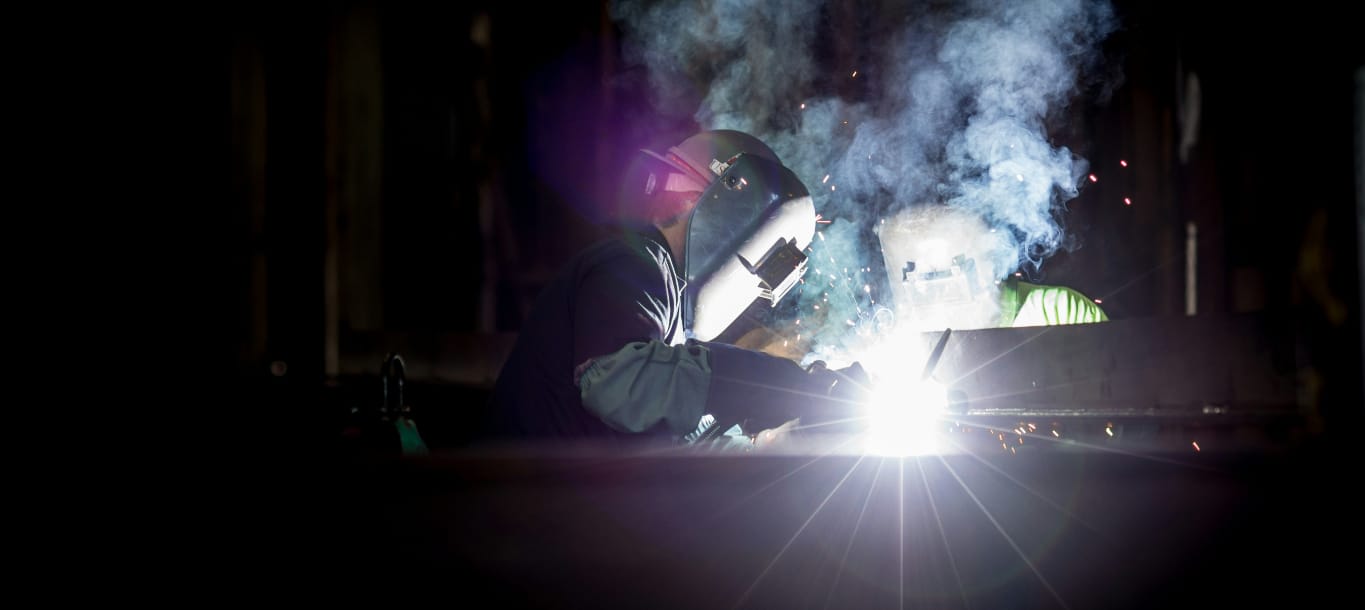What is a nuclear welding inspection technician?
Welding is a process where two or more materials (typically metals and thermoplastics) are fused together. It’s normally done using high temperatures or pressure.
Nuclear welding inspection technicians provide quality control and welding inspection services for the nuclear industry. They can work on nuclear licensed sites such as nuclear power plants and decommissioning sites, or for manufacturing facilities which supply the nuclear industry.
By carrying out detailed observations and making detailed records, they ensure that nuclear equipment is robust, high-quality and adheres to industry regulations.
What are the typical responsibilities of a nuclear welding inspection technician?
- Ensuring that equipment is stored safely, in a suitable condition and has proper certification.
- Conducting surface-level analysis of the weld, for example using Non-Destructive Testing (NDT). This allows you to collect information about a material without destroying it.
- Carrying out tests to detect defects inside the weld, such Radiography and UltraSonic Testing. This ensures that equipment can withstand a variety of conditions (temperature and pressure extremes)
- Interpreting engineering drawings and procedures to ensure that specified requirements have been met
- Checking that the equipment aligns with nuclear specific, British and international regulations and specifications.
- Making recommendations to improve equipment safety, such as post weld heat treatment. This is a controlled process completed after welding that reduces tensions and stresses on the welded material.
What skills do you need to be a successful nuclear welding inspection technician?
An understanding of materials science is crucial, as this will help you understand the structure and properties of different materials and how they behave during welding. This will help you detect any abnormalities in welded materials.
Attention to detail is also important. When carrying out welding inspections, you’ll need to carry out a range of safety checks and tests, to ensure that all equipment is working correctly and the environment is safe.
Effective communication is also an important part of this role. This will allow you to explain your findings and recommendations to those who are responsible for the equipment you’re analysing. This will also allow you to keep up to date records of the inspections and safety checks you’ve carried out.
How do I become a nuclear welding inspection technician?
While there aren’t many specific undergraduate degrees focused on welding, there’s still so many ways to enter the sector. For example, you could complete a university degree or college course in a materials science discipline.
Given the practical skills this role requires, completing the Level 4 Nuclear Welding Inspection Technician Apprenticeship is a great way to start your career. This 48-month scheme allows you to gain paid experience carrying out welding inspections, while receiving fully-funded training.
For more information about welding careers, check out The Welding Institute, who offer memberships, networking events and training courses for those interested in the field.
